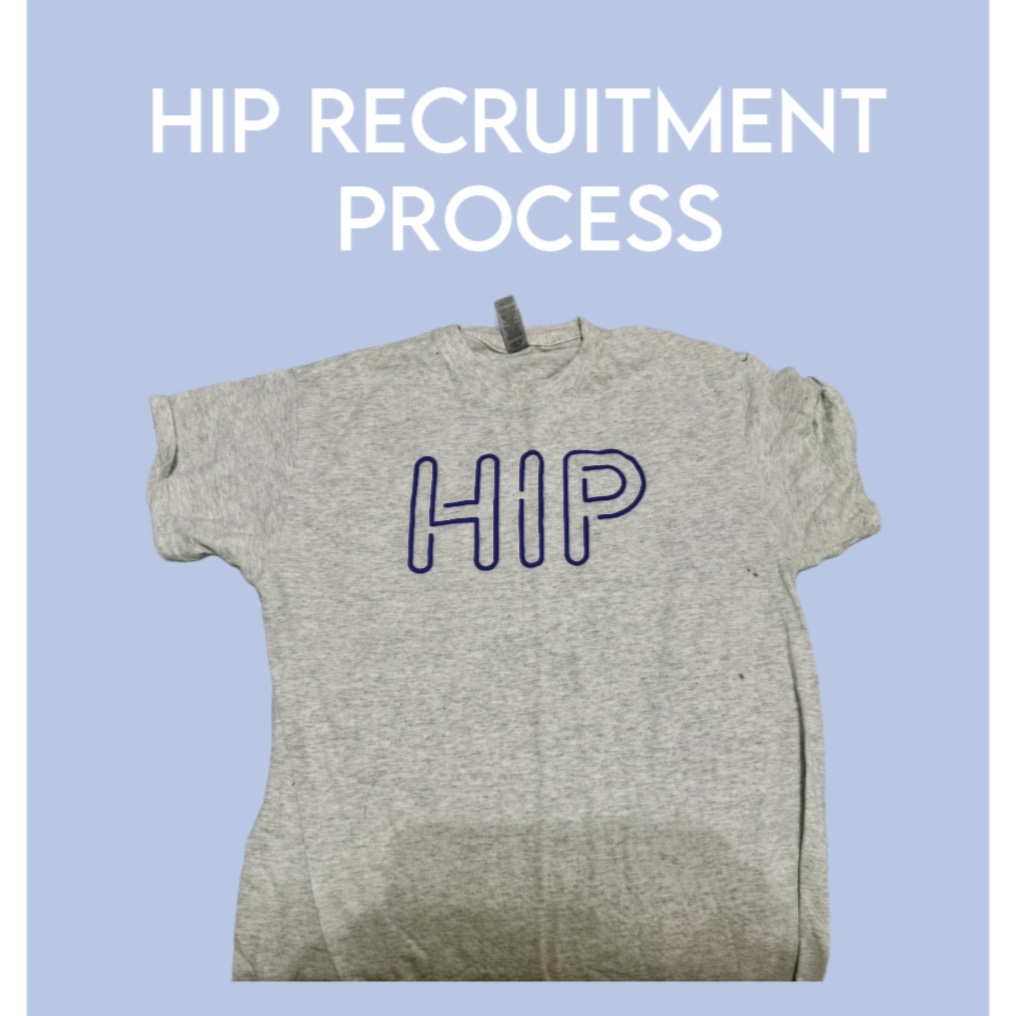NCAA Implements New Sport-by-Sport Transgender Athlete Guidelines
February 7, 2022
On Jan. 19, the National Collegiate Athletic Association Board of Governors updated the organization’s policy regarding transgender college athletes. The policy—which went into effect immediately—will see usage during the 2022 winter championships beginning on Feb. 22.
Based on recent changes by the International Olympic Committee, these new policies attempt to increase access to sports for transgender athletes while also maintaining fairness at the forefront.
The NCAA has also taken cues from the IOC as roughly 80% of U.S. Olympians either competed as college athletes or continue doing so; this marks an aim to align both organizations more closely.
Moreover, the NCAA has decided to approach the issue on a sport-by-sport basis where each sport has its own criteria, rather than an all-encompassing transgender athlete policy that applies to all sports.
The NCAA bases its criteria for each sport off of the national governing body of that sport, but if that sport does not have a national governing body, then that sport’s international federation will be followed; if no international federation for the sport exists, then the previously established International Olympic Committee policy applies.
International and national standards will also be taken into account by the NCAA Committee on Competitive Safeguards and Medical Aspects of Sports through reviewing and recommending any necessary changes to keep the sport fair and athletes safe as they see fit.
However, there lies a major issue in this: many organizations have yet to make a statement on transgender athletes. Many national, as well as international sports organizations, have yet to make a clear decision on how they handle transgender athletes within their sport. This leaves critics to say that the new policies have only made the process more confusing for both athletes and for the NCAA as a whole, due to the necessity of having to juggle so many different regulations for each sport.
Despite the issues, for the upcoming 2022 winter championships, athletes must measure testosterone levels four weeks before their respective sport begins. Into the 2022-2023 academic year, athletes must then measure testosterone levels at the beginning of the season, six months afterward and for four weeks before championship selections. The NCAA will have these new policies fully implemented for the 2023-2024 season.
These new NCAA guidelines have come into play after a new wave of state legislation across the U.S. which have seeked to limit as well as outright ban the legality of transgender women in public school and college sports. Currently, nine states have restrictions on transgender athletes, Florida included. As of yet, the NCAA has not made statements regarding these state restrictions.
Despite that, transgender collegiate athletes currently find themselves with an unsure future as critics berate those actively performing, and those seeking to perform find themselves confused by convoluted restrictions.









